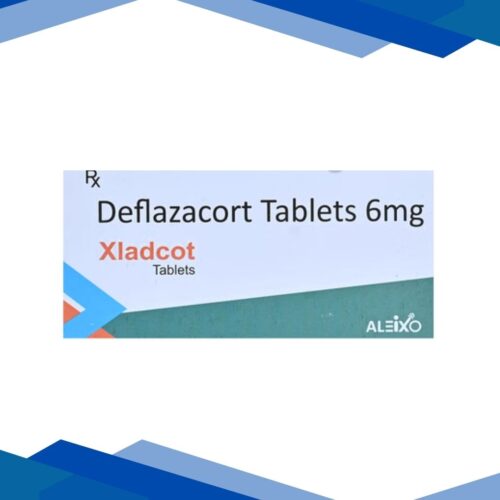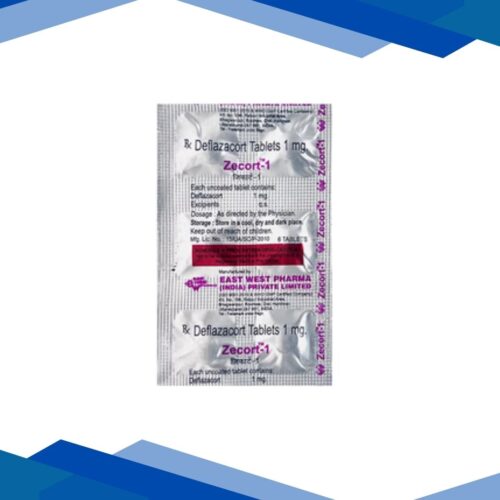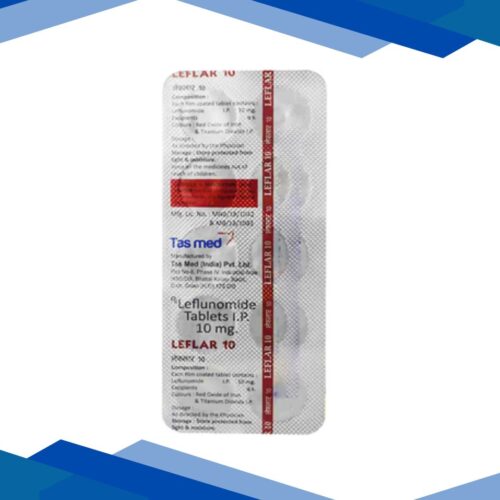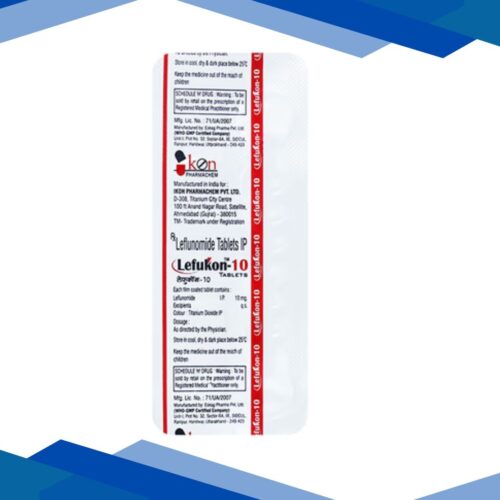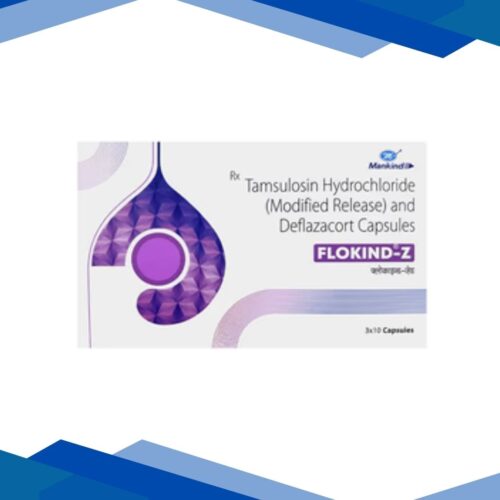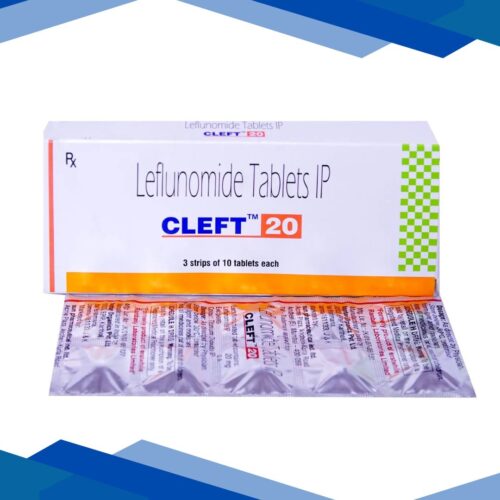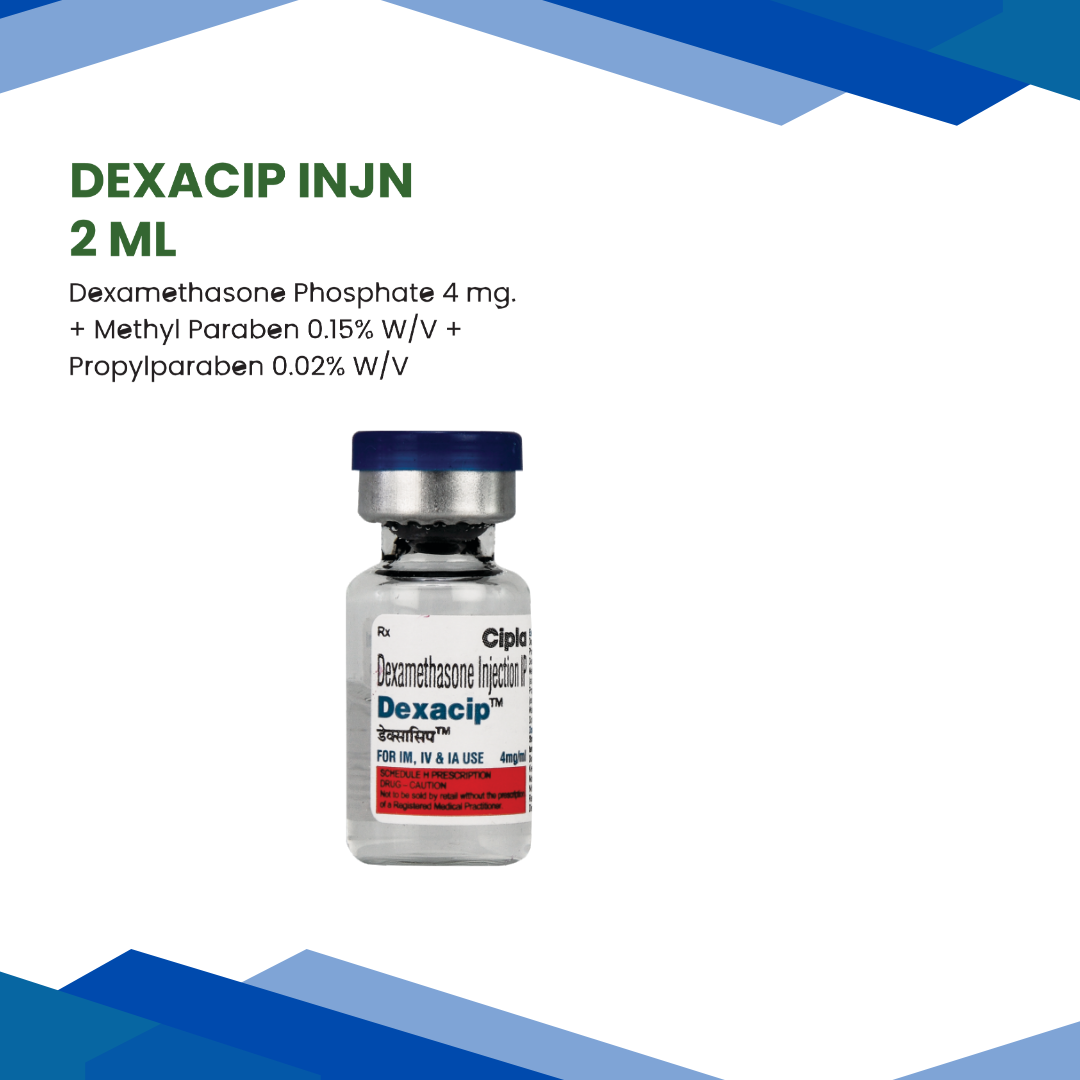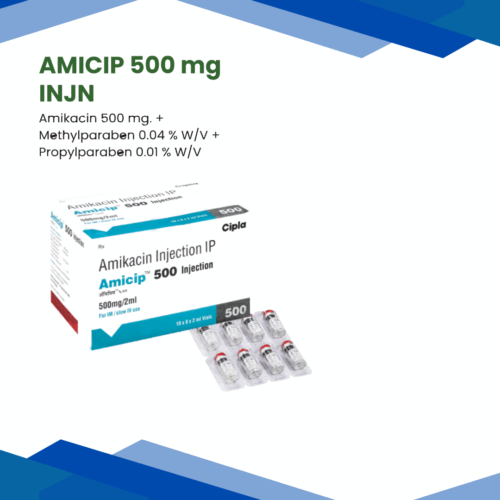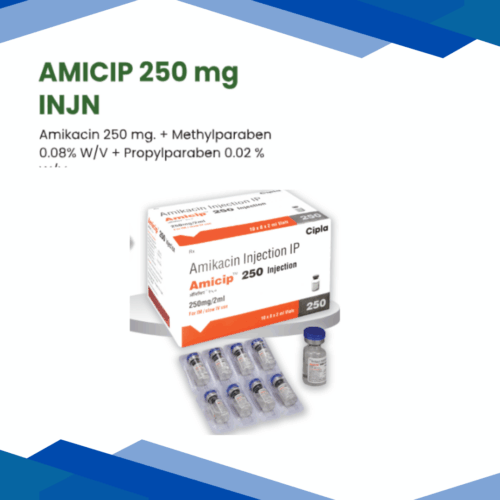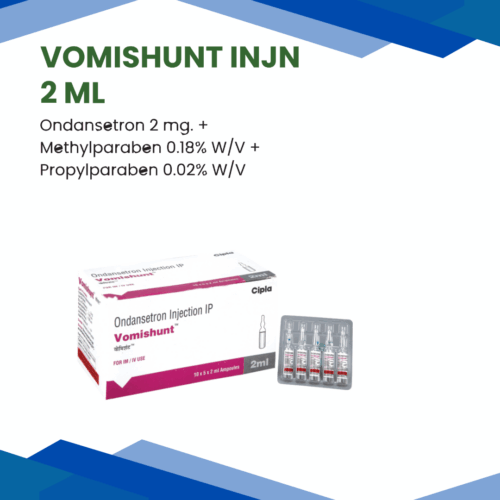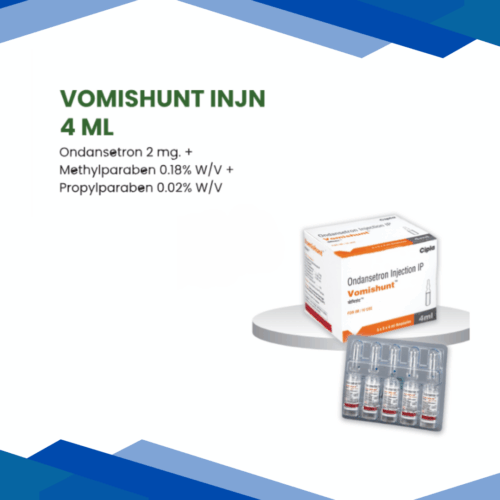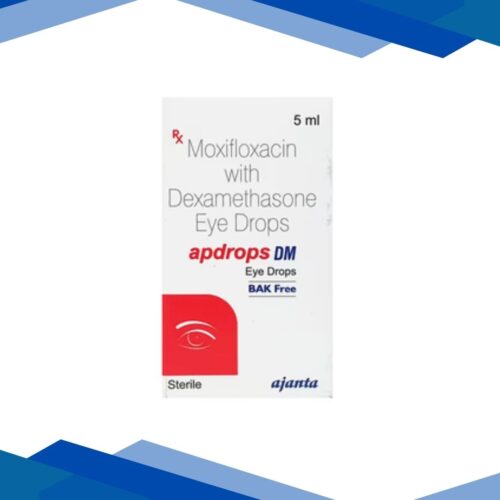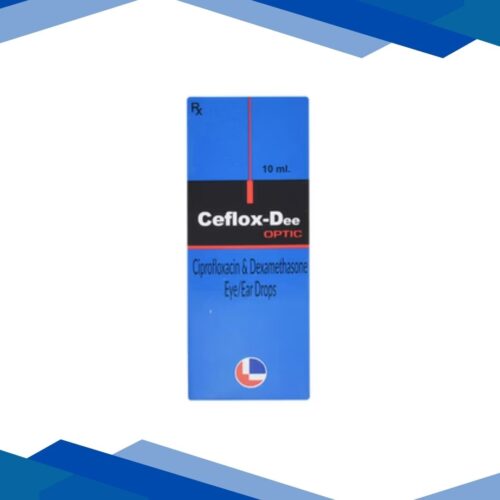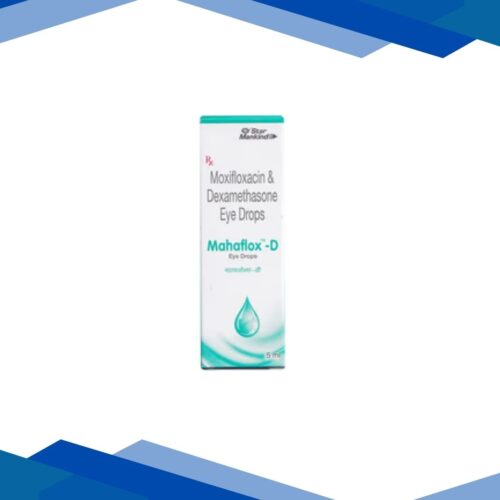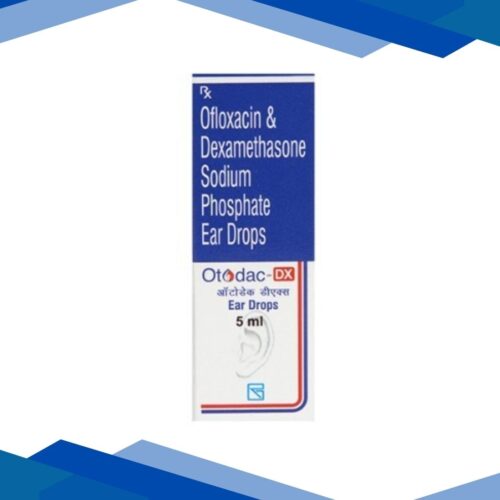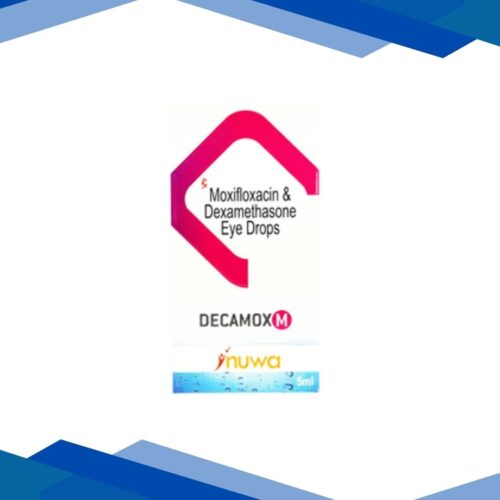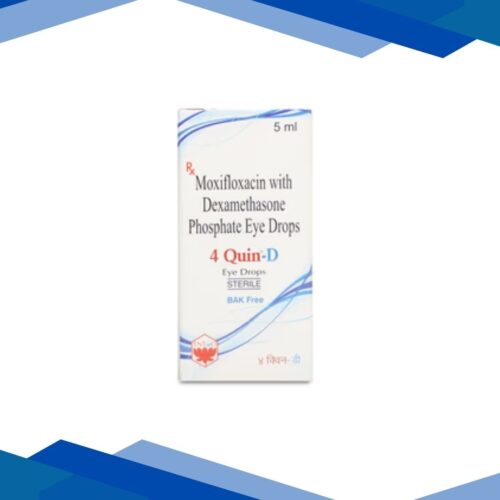FLOKIND Z Capsule 10’s
Dexacip
No Prescription yet? Don’t worry! Click Here to Get Online Consultation
Why Prescription is Required?
✅ Providing Right Medicines
Prescriptions are complex documents. We proofread and recheck at various steps to provide you the right medication in the correct form and dose.
⚖️ Helps Comply with the Law
Most medicines cannot be sold without a valid prescription, as per the Drugs and Cosmetics Act, 1940 and Rules, 1945.
Book Appointment with Doctor
Dexacip injection Injection is a corticosteroid medicine which is used to reduce swelling associated with various conditions such as arthritis, allergic disorders, psoriasis, etc.
Dexamethasone
DEXAMETHASONE
Overview:
It is a corticosteroid, related to a natural hormone made by your adrenal glands. It mainly is used to supplement this compound when your body doesn’t produce enough of it naturally. It decreases inflammation (swelling, warmth, redness and pain) and
Classification:
Synthetic glucocorticoid corticosteroid and a corticosteroid ester
Uses:
It is used to treat conditions such as some types of arthritis, skin, blood, kidney, eye, thyroid and gastrointestinal (i.e, colitis) diseases, severe allergies and asthma. Aside from COVID-19, dexamethasone is most frequently used to treat certain types of cancer.
How It Works:
It works by suppressing the migration of neutrophils and decreasing lymphocyte colony proliferation. The capillary membrane becomes less permeable, as well.
Dosage:
As prescribed by your doctor.
Side Effects:
Upset stomach
Stomach irritation
Vomiting
Headache
Dizziness
Insomnia
Restlessness
Depression
Anxiety
Acne
Increased hair growth
Easy bruising
Irregular or absent menstrual periods
Precautions:
Tell your doctor and pharmacist if you are allergic to dexamethasone, aspirin, tartrazine (a yellow dye in some processed foods and drugs), or any other drugs.
Tell your doctor and pharmacist what prescription and nonprescription medications, vitamins, nutritional supplements, and herbal products you are taking or plan to take while taking dexamethasone. Your doctor may need to change the doses of your medications or monitor you carefully for side effects.
The following nonprescription products may interact with dexamethasone: ephedrine; aspirin and nonsteroidal anti-inflammatory drugs (NSAIDS) such as ibuprofen (Advil, Motrin, others) and naproxen (Aleve). Be sure to let your doctor and pharmacist know that you are taking these medications before you start taking dexamethasone. Do not start any of these medications while taking dexamethasone without discussing with your healthcare provider.
If you have a fungal infection (other than on your skin), do not take dexamethasone without talking to your doctor.
Tell your doctor if you have or have ever had liver, kidney, intestinal, or heart disease; diabetes; an underactive thyroid gland; high blood pressure; mental illness; myasthenia gravis; osteoporosis; herpes eye infection; seizures; tuberculosis (TB); or ulcers.
Tell your doctor if you are pregnant, plan to become pregnant, or are breast-feeding. If you become pregnant while taking dexamethasone, call your doctor.
If you are having surgery, including dental surgery, tell the doctor or dentist that you are taking dexamethasone.
If you have a history of ulcers or take large doses of aspirin or other arthritis medication, limit your consumption of alcoholic beverages while taking this drug. Dexamethasone makes your stomach and intestines more susceptible to the irritating effects of alcohol, aspirin, and certain arthritis medications: this effect increases your risk of ulcer
Disclaimer
This content is for informational purposes only. Always consult a healthcare provider for medical advice and proper dosage.
Methylparaben
METHYLPARABEN
Overview
Methylparaben is widely used to extend shelf life and prevent spoilage in various personal care and medicinal products. It is chemically stable, inexpensive, and effective in small quantities, making it a go-to choice in many industries.
Classification
Methylparaben is a synthetic preservative commonly found in cosmetics, pharmaceuticals, and food products. It’s part of the paraben family, which helps keep items fresh by stopping the growth of harmful microbes like bacteria and mold
Uses
You’ll often find Methylparaben in:
Skincare products (like lotions, creams, and face washes)
Shampoos and conditioners
Makeup and deodorants
Pharmaceuticals (as a preservative in syrups, creams, and eye drops)
Processed foods (though less common nowadays)
How It Works
Methylparaben works by:
Disrupting the growth and reproduction of microorganisms
Preserving the chemical stability of products
Preventing spoilage by controlling microbial activity
It essentially keeps things clean and safe to use, especially in products that are stored for long periods or exposed to air and moisture.
Dosage
As prescribed by your doctor.
Side effects
Most people tolerate methylparaben well, but in some cases, it might cause:
Mild skin irritation
Redness or rash (especially on sensitive skin)
Allergic reactions (rare)
Concerns have been raised about hormone disruption due to its weak estrogen-like activity, but research is still ongoing
Precautions
People with very sensitive skin or a known paraben allergy should check product labels and opt for paraben-free alternatives
Long-term exposure or using multiple products with parabens might raise concerns for some, although more research is needed
Those managing hormonal disorders may want to avoid frequent use and speak to a healthcare provider
Disclaimer
This content is for informational purposes only. Always consult a healthcare provider for medical advice and proper dosage
Propylparaben
PROPYLPARABEN
Overview
Propylparaben is a preservative used in many cosmetics, personal care products, and even medicines and foods. Its main job is to stop the growth of germs, bacteria, and mold, helping products stay fresh and safe to use for longer.
Classification
Propylparaben belongs to a group of chemicals called parabens. These are synthetic (man-made) preservatives commonly used to prevent spoilage and contamination in creams, lotions, shampoos, makeup, and medicines.
Uses
Keeps cosmetic products like lotions, creams, and shampoos from going bad
Helps preserve the shelf life of certain foods and medicines
Prevents bacterial or fungal growth in skin care and hygiene products
Used in pharmaceuticals to maintain product stability
How It Works
Propylparaben works by stopping the growth of microorganisms (like bacteria and mold) that could spoil products. This helps keep the product safe, clean, and usable for a longer time.
Dosage
As prescribed by your doctor.
Side effects
Most people use propylparaben safely, but some may experience:
Skin irritation or redness, especially on sensitive skin
Allergic reactions in rare cases (itching, rash)
Hormonal concerns have been raised in some research, but current levels used in products are considered safe by health agencies
Precautions
People with sensitive skin or allergies may react to parabens — always check product labels
Some studies suggest parabens may affect hormone balance, but more research is needed
It’s generally considered safe in small amounts approved by health authorities
Not recommended for use on broken or irritated skin unless prescribed
If you’re concerned about parabens, look for “paraben-free” products
Disclaimer
This content is for informational purposes only. Always consult a healthcare provider for medical advice and proper dosage
